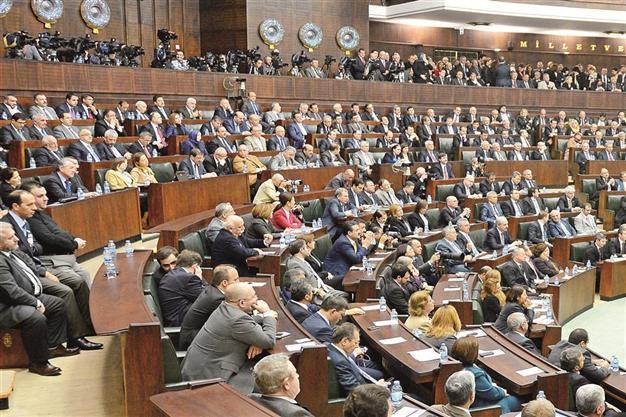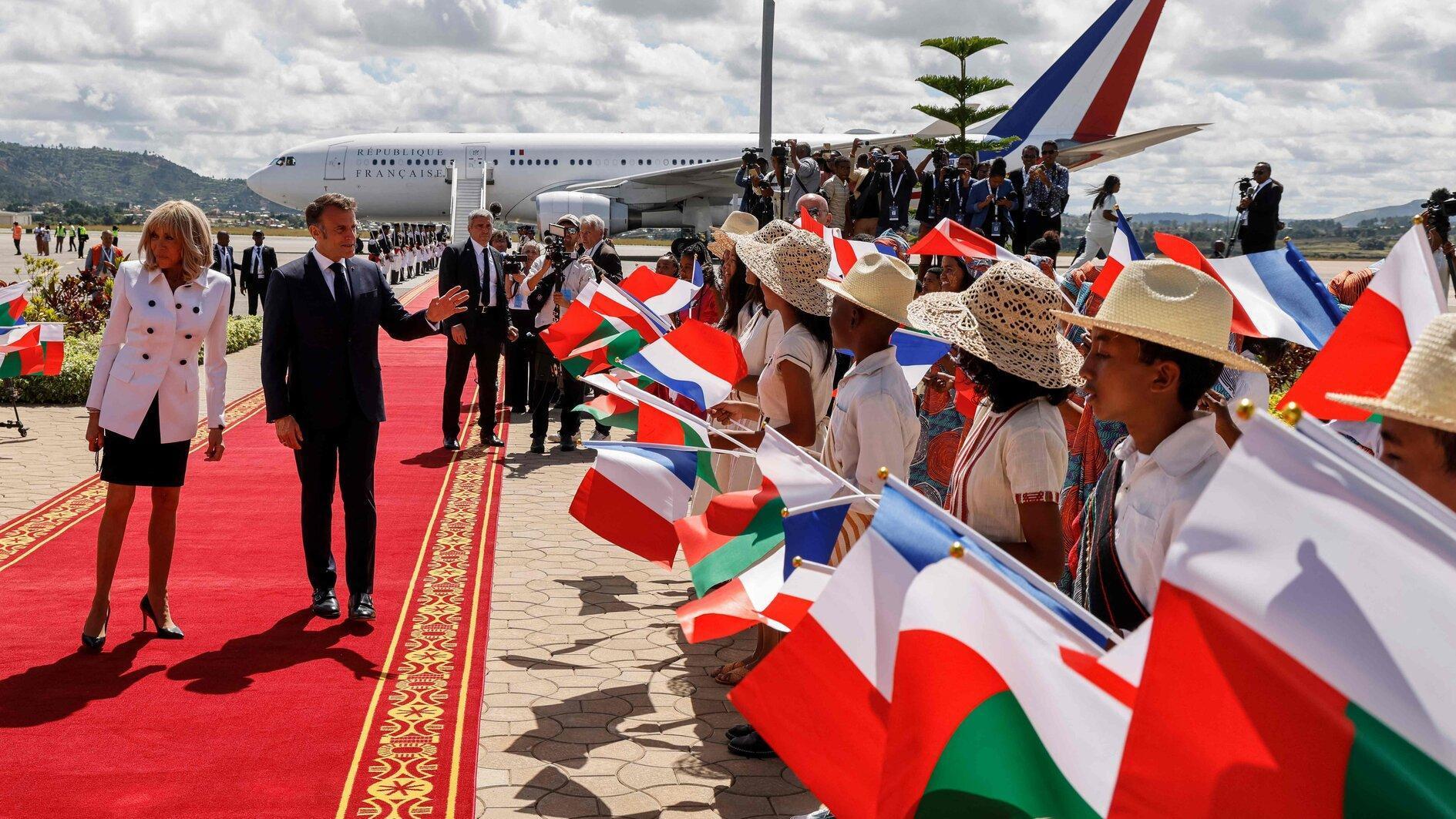AKP-BDP Constitution begins to take shape
ANKARA - Hürriyet Daily News

The AKP’s parliamentary group members are seen listening to a speech by Prime Minister Recep Tayyip Erdoğan in this file photo. DAILY NEWS photo
The working period of the Constitution Conciliation Commission has been prolonged to the end of March. Prime Minister Recep Tayyip Erdoğan implied that they could postpone this period to April at most. Evidently, the commission will be in office until April 23, 2013, which is the 93rd anniversary of Parliament’s inauguration.So far, the commission has handled about 110 articles. A consensus was reached on 30 articles. However, the four parties cannot agree on some main articles such as “legislative, executive, and judicial.” When possible bilateral alliances are considered, the articles that would be written with mutual consent exceed 50 percent. For instance, the number of articles that could be written by the Justice and Development Party (AKP) and the Peace and Democracy Party (BDP) alliance is two times more than other possible alliances. The BDP’s flexibility on critical articles increases this proportion. To illustrate, while the Republican People’s Party (CHP) and the Nationalist Movement Party (MHP) are strictly against the title of “presidential system,” which is insistently favored by the AKP, the BDP tends to affirm it depending on the debates. Also, the two parties have developed very similar proposals to some crucial articles of the Constitution, including the “Preamble” and “first four articles.”
Both parties are conducting work on the articles that “shall not be amended, nor shall their amendment be proposed” in the current Constitution. Last week, the AKP’s draft was leaked. The BDP is also making a similar preparation. When I paid close attention to the corridors, I saw that the two parties actually agree on even more subjects than assumed. Article No. 1 of the current Constitution says, “The Turkish State is a republic.” The AKP does not have an objection to that; neither does the BDP. This article is expected to be left as it is.
Article No. 2 says, “The Republic of Turkey is a democratic, secular and social state governed by the rule of law; bearing in mind the concepts of public peace, national solidarity and justice; respecting human rights; loyal to the nationalism of Atatürk; and based on the fundamental tenets set forth in the Preamble.” The AKP wants to simplify this article without changing its root idea. Instead of the current article, the AKP favors the expression “The Republic of Turkey is a democratic, secular and social state governed by the rule of law and based on human rights.” The BDP also proposes a similar expression, but they also favor excluding the phrase “the nationalism of Atatürk,” while the AKP thinks that the expression could be attached on the Preamble.
Anthem issue
Furthermore Article No. 3 says “The Turkish state, with its territory and nation, is an indivisible entity. Its language is Turkish. Its flag, the form of which is prescribed by the relevant law, is composed of a white crescent and star on a red background. Its national anthem is the March. Its capital is Ankara.” The two parties are not completely against this article. They only side for the change of the phrase “Its language is Turkish” to “Its official language is Turkish.” The BDP does not object to the flag anymore, and it would possibly not raise its voice against the national anthem.
Article No. 4 indicates that the provisions of the first three articles shall not be amended, nor shall their amendment be proposed. The AKP and the BDP do not think to include this article in the new Constitution.
Also, Article No. 5 regulates “the Fundamental Aims and Duties of the State.” The AKP has proposed a simplified version of this article to be attached to the Preamble, while the BDP favors its abolishment.
Article No. 6, another critical one in the current Constitution, says, “Sovereignty is vested fully and unconditionally in the nation. The Turkish Nation shall exercise its sovereignty through the authorized organs as prescribed by the principles laid down in the Constitution.” The AKP wants to rewrite this article as “Sovereignty is vested fully and unconditionally in the nation. The nation shall exercise its sovereignty through its representatives.” While the BDP wants the exclusion of “Turkish Nation,” it also sides with a more inclusive definition compared to the AKP’s proposal. While the AKP and the BDP seem to be reaching a consensus on the main articles, the CHP and the MHP want to leave the first four articles as they are. The AKP and the BDP are taking quick steps to make a bilateral agreement, which would shape the new Constitution simultaneously with the peace process. This process might also cause some breakups within the CHP.
Did Batum leave commission ?
The CHP has three representatives in the Constitution Conciliation Commission: Atilla Kart, Rıza Türmen and Süheyl Batum. Türmen and Kart are both considered “reformists” who have social democrat tendencies. Batum, on the other hand, belongs to a more central and “nationalist” wing.Naturally, they disagree on many subjects, including the definition of citizenship, and CHP authorities are also concerned about this dissent. Batum and Kılıçdaroğlu had recently held a meeting in which it was revealed that Batum had not attended the commission works since January.
According to acquaintances, Batum said he could not stand it. It is also being said that he de facto left the table about two months ago.
Cemevi call from deputy











